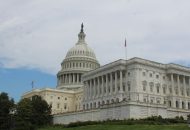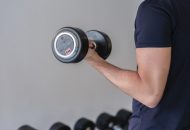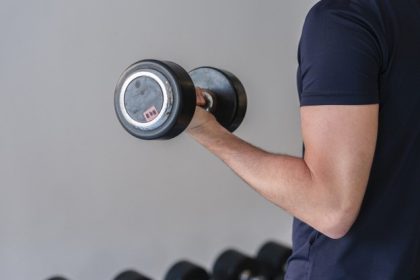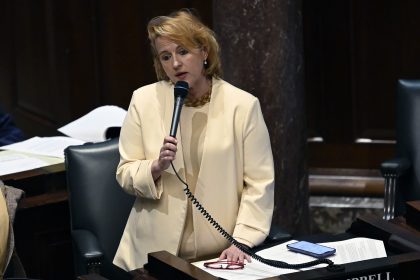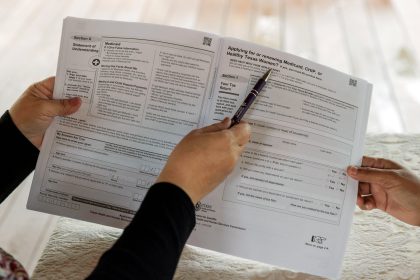WHO Builds Pipeline for Health Care Workers in Rural Areas
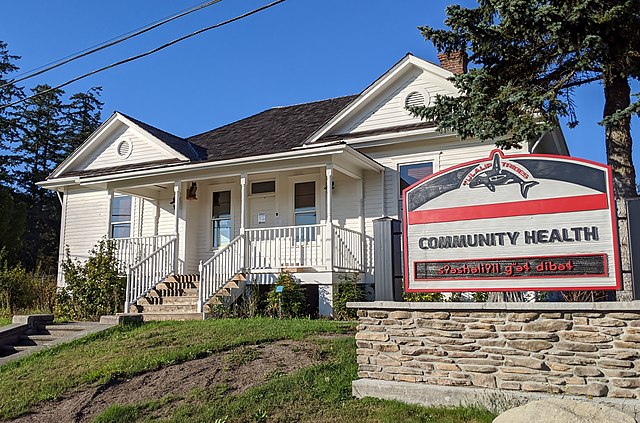
WASHINGTON — The World Health Organization recently hosted the third in a series of webinars on rural health equity and policies aimed at developing, attracting, and retaining health workers in rural and remote areas.
“Four out of five of the world’s extreme poor live in rural areas. Leaving no one behind means ensuring that health workers are available in rural and remote areas,” wrote Theadora Swift Koller, senior technical advisor for the Gender, Equity and Human Rights Team at the WHO, in an email to The Well News.
Currently, data provided by the WHO shows that around 70% of the global health workforce are women.
The findings also show that 86% of women community health workers do not receive a salary for their work.
“Speaking to my tribal community, I would say that many [health care workers] are women and tend not to be paid adequately, especially given the amount of ground that they have to cover and the lack of paved road also,” said Marc Emerson, a postdoctoral research fellow at the University of North Carolina, who focuses on health equity and social determinants of health in relation to American Indian populations.
Research from the WHO suggests that because of increasing health care demand 18 million health workers are needed in rural areas by 2030.
To help build that pipeline, one of the goals of the WHO’s Global Strategy on Human Resources for Health Workforce 2030, is to bring students into rural and remote communities and the rural taskforce into universities.
“I know that certain partnerships have been created between the Navajo community and other institutions where students do come to the Navajo Nation for cultural experiences as it relates to multicultural learning. I think this idea over time is good because it uplifts community knowledge to larger campuses while students get to learn and hear firsthand other ways of knowing and planning and serving health care needs in tribal nations,” said Emerson.
However, building a pipeline of health care workers in rural areas of the U.S. is especially challenging, Emerson said, if the partnerships are not aligned with the cultural values of the community, such as using native language to define and discuss medical and disease terms.
“The connection to ‘place’ is particularly important within a Navajo context and this connection to place is just as important as connection to people. The most challenging is either the training, when it is not Navajo centered … in its curriculum or plan of care, or the finding sustainable partners who have appropriately tailored solutions and technical and financial support that is reliable,” said Emerson.
“For Navajo, we have kin-relational networks that form the backbone of how we are to care for the community. When this is applied to health outcomes it can be a form of community strength, as we saw during the response to COVID-19,” continued Emerson.
Holly Andrilla, the deputy director at the WWAMI Rural Health Research Center, a multi-state medical education program run by University of Washington’s School of Medicine, examines where funding could be applied to develop the rural training track and place people into professions in rural areas.
“A lot of rural communities are trying to address workforce shortages and recruit from rural places, and develop pipelines so kids in rural places can say, ‘I can be a physician and serve this community,’” said Andrilla.
Andrilla said that while people from a rural area being trained in a rural place will increase the chances they will practice in that area, there’s only so much bandwidth for these areas in accommodating training, and many schools compete for placement settings.
“They might want to provide rural training but they don’t have a site. You have to have a place, a mentor, a teacher. It takes a lot of coordination,” said Andrilla.
Alexa can be reached at [email protected]










